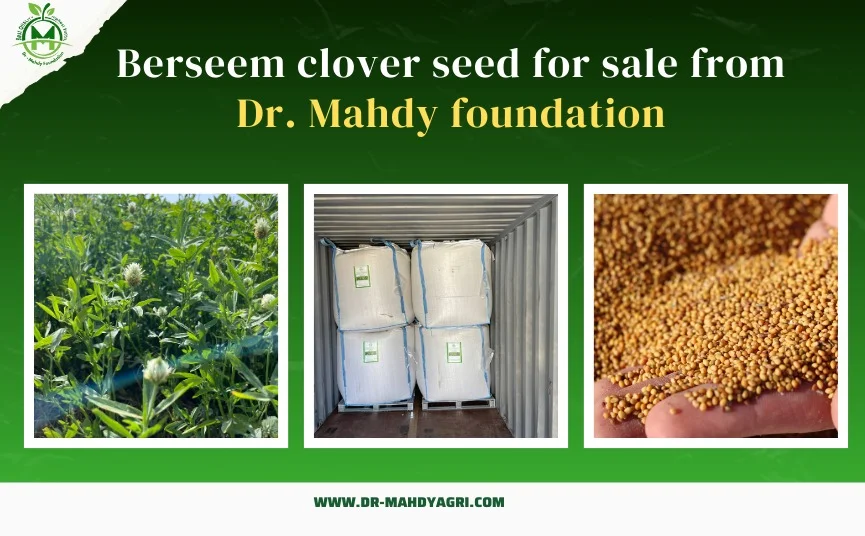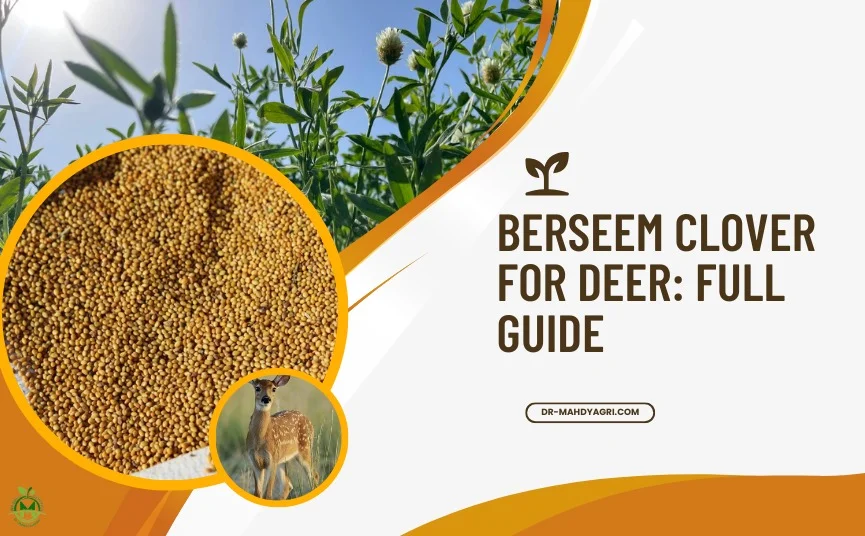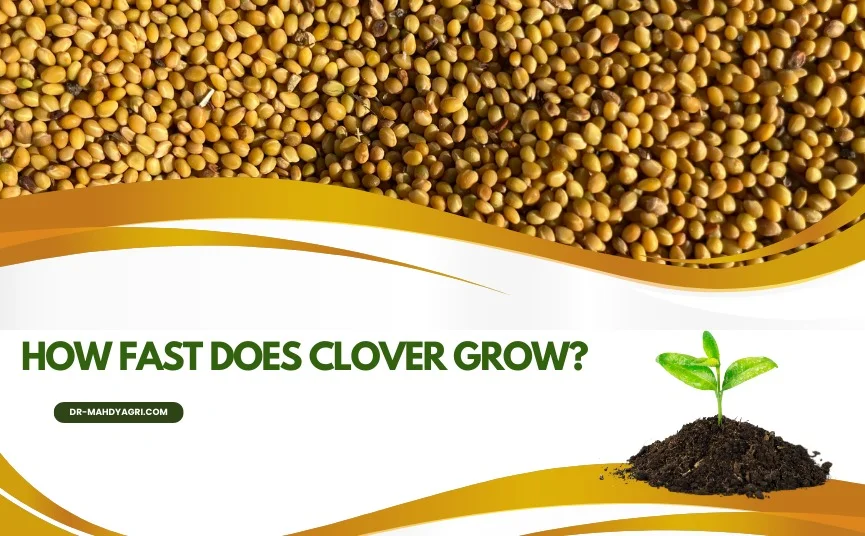

Explore the critical role of seed banks in ensuring global food security. Learn how seed banks preserve plant genetic diversity and contribute to sustainable agriculture for a nourished and prosperous future.
Introduction
In a world where the demand for food continues to rise, ensuring food security has become a paramount concern. Seed banks, often overlooked but immensely significant, play a pivotal role in safeguarding our food supply. This comprehensive guide delves into the crucial role of seed banks in food security, elucidating their contributions to preserving plant genetic diversity and enabling sustainable agriculture practices. Whether you're an agricultural enthusiast or simply curious about the foundations of food security, this article will provide insights into the critical interplay between seed banks and the sustenance of our planet.
The Role of Seed Banks in Food Security
Seed banks serve as repositories of biodiversity, housing a diverse range of plant species that are integral to our food systems. Their role in ensuring food security extends far beyond mere storage; they are at the forefront of maintaining a sustainable and nourished world.
1. Safeguarding Genetic Diversity
Seed banks act as guardians of genetic diversity. They house a wide array of plant varieties, ensuring that genetic resources are preserved for future generations. This diversity is crucial in adapting to changing environmental conditions, pests, and diseases, which can threaten food production.
2. Protecting Against Crop Failures
Crop failures can be catastrophic for food security. Seed banks provide a safety net by storing seeds that can be used to restore lost or threatened crops, helping mitigate the impact of crop failures on communities and economies.
3. Adaptation to Climate Change
As the effects of climate change become more pronounced, certain crops may struggle to thrive in their traditional environments. Seed banks store varieties that are resilient to diverse climatic conditions, enabling farmers to adapt their agricultural practices and continue producing food in changing landscapes.
4. Empowering Small-Scale Farmers
Seed banks support small-scale farmers who often lack access to a wide range of plant varieties. By providing diverse seeds, seed banks empower farmers to choose crops that are suited to their local conditions, boosting productivity and income.
5. Supporting Indigenous Knowledge
Indigenous communities have developed deep knowledge of local plants and their uses. Seed banks collaborate with these communities to collect, conserve, and share traditional seeds, preserving cultural heritage and promoting sustainable land management practices.
6. Conservation of Rare and Endangered Species
Seed banks serve as conservation centers for rare and endangered plant species. By storing and propagating these plants, seed banks contribute to the preservation of biodiversity and prevent the loss of valuable genetic resources.
7. Crop Improvement through Research
Seed banks enable researchers to study and improve crop traits. By analyzing the genetic makeup of stored seeds, scientists can develop more resilient and productive plant varieties that contribute to enhanced food security.
8. Enhanced Nutritional Diversity
Seed banks hold the potential to enhance nutritional diversity. By conserving diverse plant species, they contribute to a wider range of available foods, addressing malnutrition and promoting healthier diets.
9. Educational and Outreach Initiatives
Many seed banks engage in educational programs, raising awareness about the importance of biodiversity and sustainable agriculture. These initiatives empower communities to take an active role in preserving their local ecosystems.
10. Expert's Insight: Incorporating Quality Management Principles
Drawing from your expertise in quality management, you understand the significance of structured processes. Apply these principles to seed banks by establishing standardized procedures for seed collection, storage, and documentation, ensuring the longevity of stored seeds.
11. FAQ: Addressing Common Concerns
Q: Can individuals contribute seeds to seed banks? A: Yes, individuals can play a role by contributing seeds of local and traditional plant varieties, enriching the diversity of the seed bank.
Q: How do seed banks prevent cross-contamination between seeds? A: Seed banks employ strict protocols for cleaning and isolating seeds to prevent cross-contamination and maintain genetic purity.
Q: What happens if a seed bank loses power or faces natural disasters? A: Many seed banks have backup power systems and disaster preparedness plans to ensure the integrity of stored seeds.
Q: Are all seed banks government-operated? A: While some seed banks are government-run, there are also private and community-based seed banks working towards similar goals.
Q: How can I support the efforts of seed banks? A: You can support seed banks by spreadi



